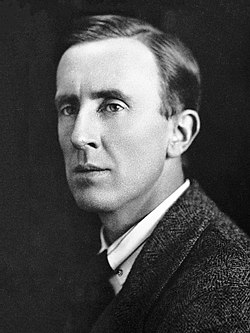
In the heat of existence, on the days when we are feeling particularly overwhelmed with the exigencies of being alive, we may feel as if we are like people who, as Virginia Woolf observed in her "Lives of the Obscure," are "advancing with lights in the growing gloom," heading toward obscurity, the obscurity of a life lived, a life enjoyed immensely but a life one day to end and be gone, never to return.
Believing in more than life is hard in the morass of the material present. We cannot see it, so why put our trust in it?
Fair enough. Yet as William Yeats reminds us, "And God stands winding his lonely horn, and time and the world are ever in flight." Though time wears on and the years drag by, unyielding, sometimes burdensome, and, ever changing, something permanent remains.
It's hard to see the end of a road at its beginning, yes, but if the world is to have any point, any point at all, there is always a road to follow. And there is always an end. An end rooted in the permanence of the necessarily personal ground of existence.






